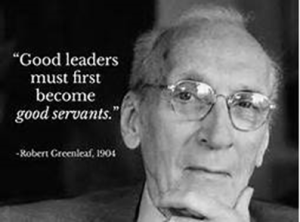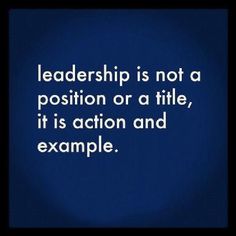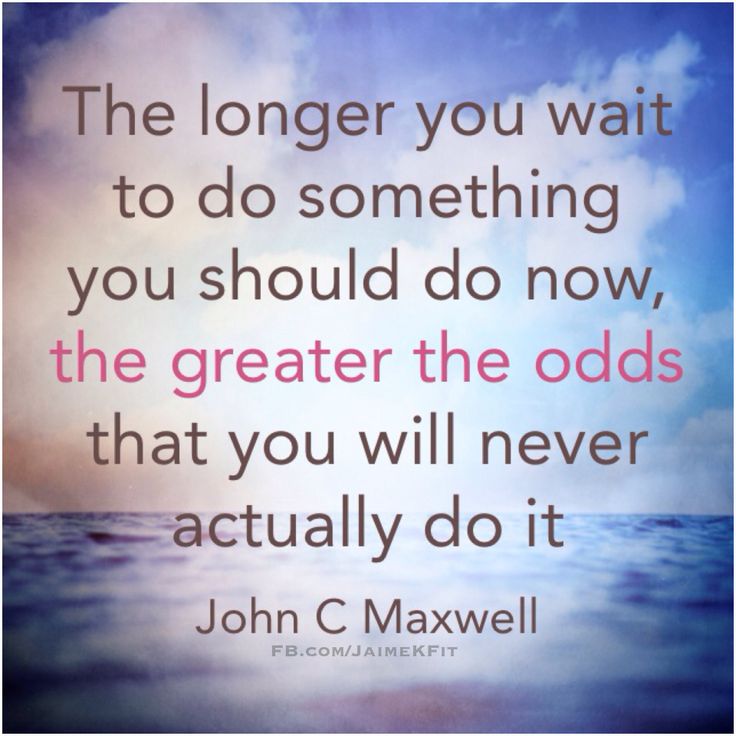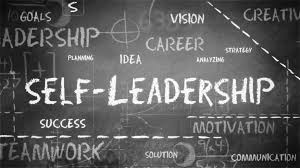The definition of leadership and what makes a successful leader has been an ongoing debate. From 1900 to present day, this debate has evolved into many theories, which has shaped our thoughts and behaviors on leadership, what the best approach is and what defines a leader. With the increase in the global environment, these theories have created an unclear message in how are leaders are defined and which is the best approach for organizations to take.
 Leadership was once perceived to be reserved only for “Great Men” who were born with natural traits and abilities of a leader. Coining the phrase “Great Man theory” because only great men of notoriety and significance were considered leaders (Northouse, 2010). With the developing interest in leadership, in particular to a leader’s skills, behaviors and actions towards his/her followers, the “Great Man” theory was questioned and many others theories were developed and the pursuit of defining leadership theory evolved.
Leadership was once perceived to be reserved only for “Great Men” who were born with natural traits and abilities of a leader. Coining the phrase “Great Man theory” because only great men of notoriety and significance were considered leaders (Northouse, 2010). With the developing interest in leadership, in particular to a leader’s skills, behaviors and actions towards his/her followers, the “Great Man” theory was questioned and many others theories were developed and the pursuit of defining leadership theory evolved.
Global Change
These leadership theories have significantly changed how leadership is defined and thought of throughout the 20th century. With the baby-boomer generation for example, leadership was about getting the job done and achieving the end result. However, with the increase in the global environment, specifically with the Y generation, leadership has shifted from results based to performance based. Leadership roles have changed and have become more about quality and effectiveness and building effective teams and relationships with their followers.
Call to Action
Leadership guru John Maxwell has been quoted saying that “Everything rises and falls on leadership, but knowing how to lead is only half the battle. Understanding leadership and actually leading are two different activities”. Leaders today, must be aware of this and not only know the theories but know their own style of leadership and how to apply it. Scholar without action is a mute point. You can study all of these leadership theories and understand them but if you’re not actually applying your knowledge and making a difference, then you’ll never know what leadership is about and what you’re capable of.
Leaders need to rise up and start being the example to others. Followers want a leader they can trust to lead them to success. Trust is vital to the leader-follower relationship and must be earned; it requires the leader to serve their followers by serving them first as Greenleaf (2002, p. 12) stated.
 Leaders can no longer rely on their titles and positional power to gain influence; instead followers are demanding a leader who actually leads. Leaders must learn the heart of service by volunteering and being a part of the solution and not the problem. Leaders must continue to invest in themselves and their followers by supporting leadership and the professional development that will initiate and promote growth and change.
Leaders can no longer rely on their titles and positional power to gain influence; instead followers are demanding a leader who actually leads. Leaders must learn the heart of service by volunteering and being a part of the solution and not the problem. Leaders must continue to invest in themselves and their followers by supporting leadership and the professional development that will initiate and promote growth and change.
Leadership is changing and will continue to evolve. The successful leaders know this and understand that leadership is a process that made up a team. John Maxwell teaches the Law of process and that leadership “is developed daily, not in a day” (Maxwell, 2007). If we can learn anything from history, the successful leaders are the resilient leaders who are out there leading and learning and attempting to make a difference.



